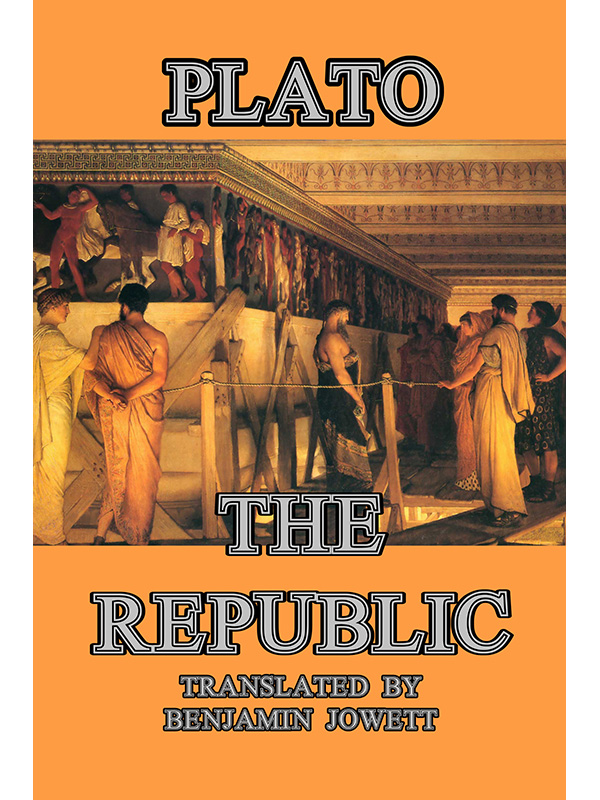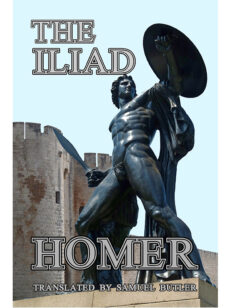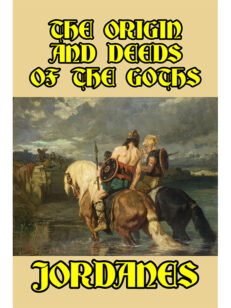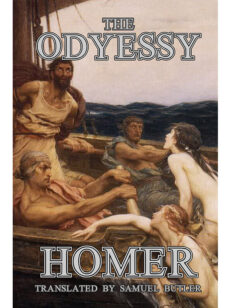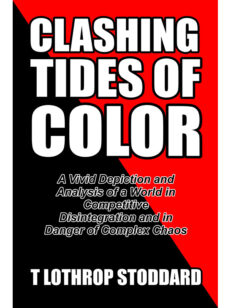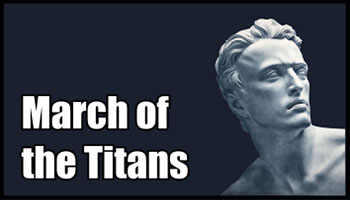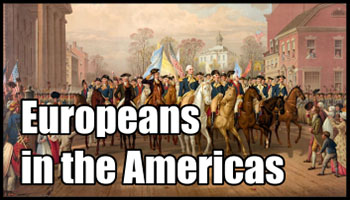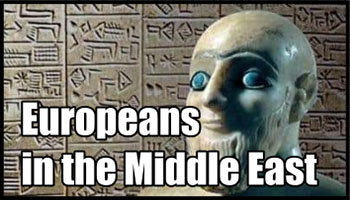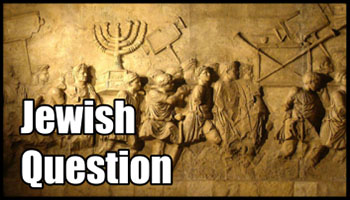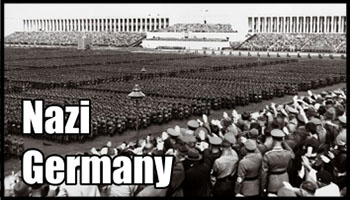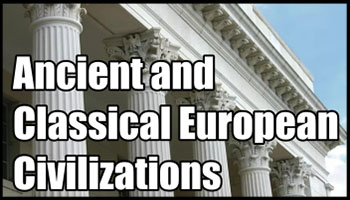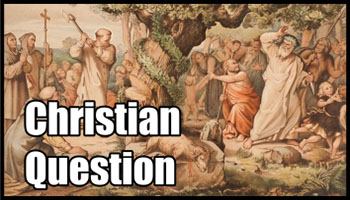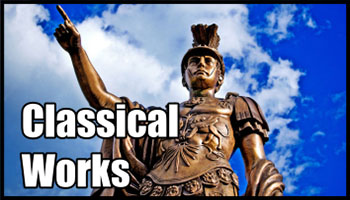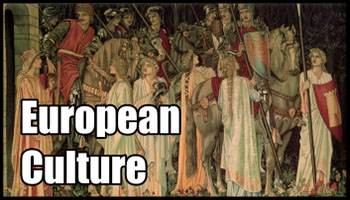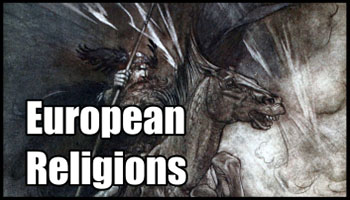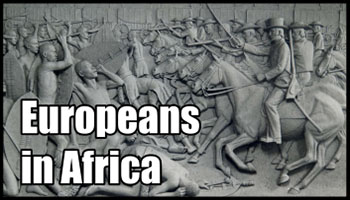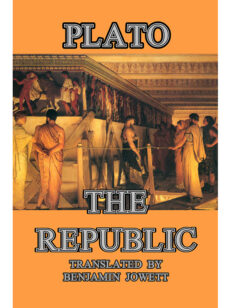Description
Translated by Benjamin Jowett. The complete and unabridged master translation, acknowledged as the most superior and accurate version of the original. The Republic is one of Plato’s most famous Socratic Dialogues, written around 380 BC. It deals with the definition of justice and the best ordering and character of government.
Presented in the form of a discussion between Socrates and other leading personalities, the book concludes that the aristocratic state is the best form of government. It should be ruled by a philosopher king with a “soul of gold,” supported by a ruling caste, made up of soldiers (who have “souls of silver”), whose job in the state is to force on the majority the order established by the rulers. The majority of the people (who have “souls of “bronze”) are, in contrast to the first two classes, allowed to own property and produce goods for themselves.
“God proclaims as a first principle to the rulers, and above all else, that there is nothing which should so anxiously guard, or of which they are to be such good guardians, as of the purity of the race. They should observe what elements mingle in their offspring; for if the son of a golden or silver parent has an admixture of brass and iron, then nature orders a transposition of ranks, and the eye of the ruler must not be pitiful towards the child because he has to descend in the scale and become a husbandman or artisan, just as there may be sons of artisans who having an admixture of gold or silver in them are raised to honour, and become guardians or auxiliaries. For an oracle says that when a man of brass or iron guards the State, it will be destroyed. Such is the tale; is there any possibility of making our citizens believe in it?”—Socrates speaking in “The Republic.”
As the most intellectually and historically influential works of philosophy and political theory, “The Republic” represents one of the pinnacles of Classical Greek intellectual endeavor.
Other topics discussed include the theory of forms, the immortality of the soul, and the roles of the philosopher and of poetry in society.
About the author: One of the most important founding figures of Western philosophy, Plato (circa 428–348 BC) was a mathematician, a student of Socrates, writer of philosophical dialogues, and founder of the Academy in Athens, the first institution of higher learning in the Western world. His Dialogues have been used to teach a range of subjects, including philosophy, logic, ethics, rhetoric, religion, and mathematics.
About the translator: Benjamin Jowett (1817–1893) was one of Cambridge University’s most renowned and influential tutors and held the highly acclaimed Regius Professorship of Greek at that institution, as well as Master of Balliol College, Oxford.
315 pages. Paperback.

